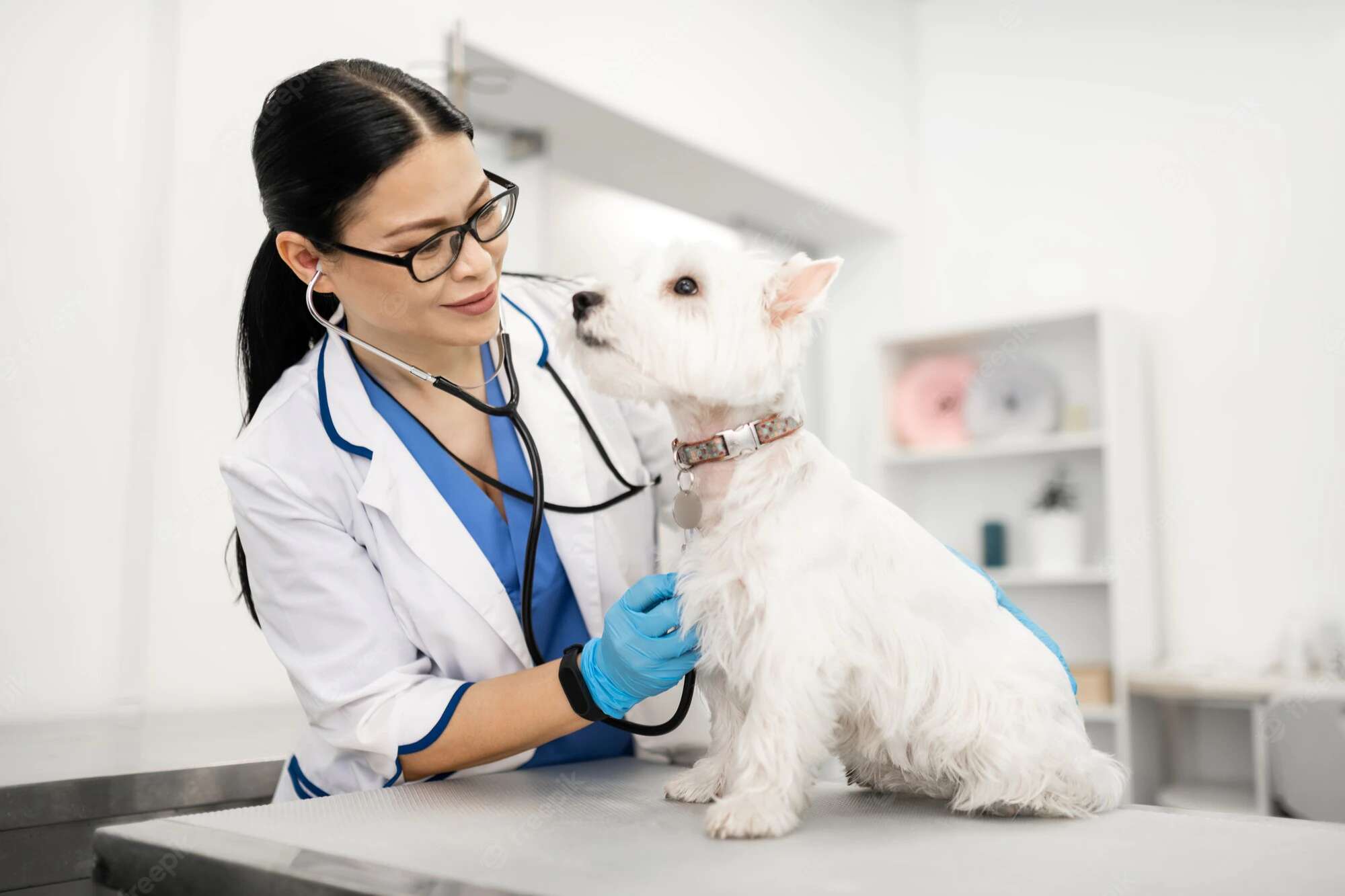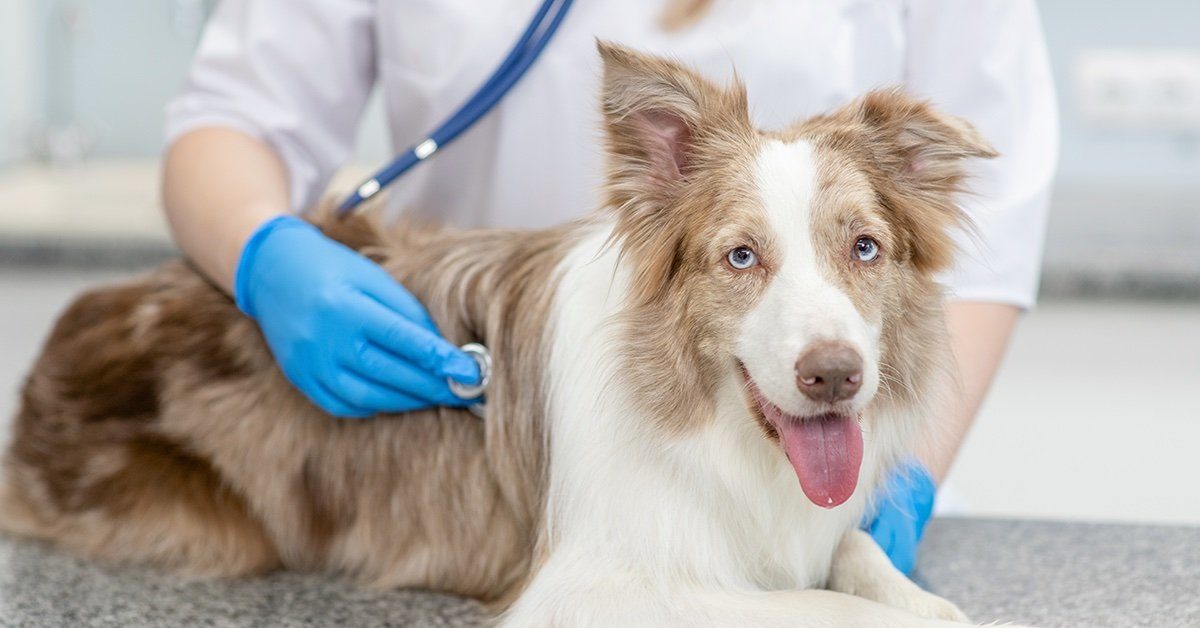Dogs need regular health checkups to ensure that they have sound health. A medical checkup is just as important as controlling their diet and exercise.
At each stage, dogs have different veterinary needs like vaccinations, booster doses, and checks for specific diseases. American Animal Hospital Association (AAHA) states that you must take your pet to a vet at least once a year.
The time interval between vet checkups depends on many factors, such as age, breed, health conditions, and many more. This article provides detailed information on how often you should take your dog to the vet.
It covers dogs from puppies to seniors, and also the vaccination they need. In addition, it also discusses when to take the dog to the emergency ward.
How Often Should You Take Your Puppy to the Vet?
If you have a puppy, you need to visit the vet more often than you’d like. They need a lot of vaccinations on top of proper health care.
Puppy owners should visit the vet at least once a month. It is crucial to get all the vaccinations to stay away from diseases.
Furthermore, fleas and heartworms are dangerous for puppies. Thus, the vet also performs regular tests for these diseases.

Puppies also need to be neutered (male) or spayed (female) when they reach six months of age. During this visit, professional vets also check the growth of the puppy and its socialization skills.
They also test how well the puppy is trained and its housebreaking capabilities. In the case of puppies, vaccinations are why you need to visit the vet frequently. Shots for rabies, influenza, and distemper are a must.
There are also additional vaccines for kennel cough and Lyme disease. Puppies are prone to diseases and infections.
It is important to look after their diet, eating habits, and obedience. If you want a well-trained and healthy dog, you must raise and care for it well.
How Often Should You Take Your Dog to the Vet?
New dog owners always stumble upon the question, how often should I take my dog to the vet? If your dog doesn’t have any previous health complications, a visit once a year to the vet should suffice. Any dog that has lived for 12 months is considered an adult.
At this point, healthy dogs are well-grown and trained. They do not need constant checkups and tests and are pretty resistant to diseases.
Adult dogs need yearly checkups, which include blood tests and stool tests. Your dog is completely examined from head to toe.
In addition, vets also check for parasites and heartworms. This ensures that your dog is in sound health. In worst cases, where the vet finds problems or symptoms in your dog, they arrange for additional tests and treatment.
Dogs also need booster shots of the vaccines they took as a puppy. Most shots are annual or once in three years.
Thus, if you have an adult dog, you have to take it to the vet once a year. This excludes any emergency health problems.
Dogs have different resistance to diseases depending on their breed, gender, age, and weather conditions. Thus, aside from regular checkups, you should also be careful about specific diseases.
How Often Should You Take Senior Dogs to the Vet?
After the robust and strong adult phase, dogs enter the senior phase. This is a dog between the age of 7-10 years.
At this point, it faces many health concerns and isn’t as immune. However, the frequency of visits to the vet for senior dogs is still less than that of puppies.

Lowa Veterinary Medical Association thinks that it is essential for senior dogs to visit the vet at least twice a year. These visits will perform thorough physical tests on the dog.
The vet will also check for any symptoms and parasite signs. Some specific diseases which are common in senior dogs will also be examined.
When should you make Emergency Visits to the Vet with your Dog?
How do you know if your dog needs emergency vet assistance? Start with the symptoms. Is your dog acting abnormally?
Did it something harmful or toxic? Is it showing signs of discomfort, diarrhea, or appears sick? A proper analysis of the situation will help you examine if your dog needs immediate help.
The good idea is to look up online vet doctors and talk to them over the phone or by mail. Once you convey your dog’s symptoms, the vet can guide you precisely over the phone.





